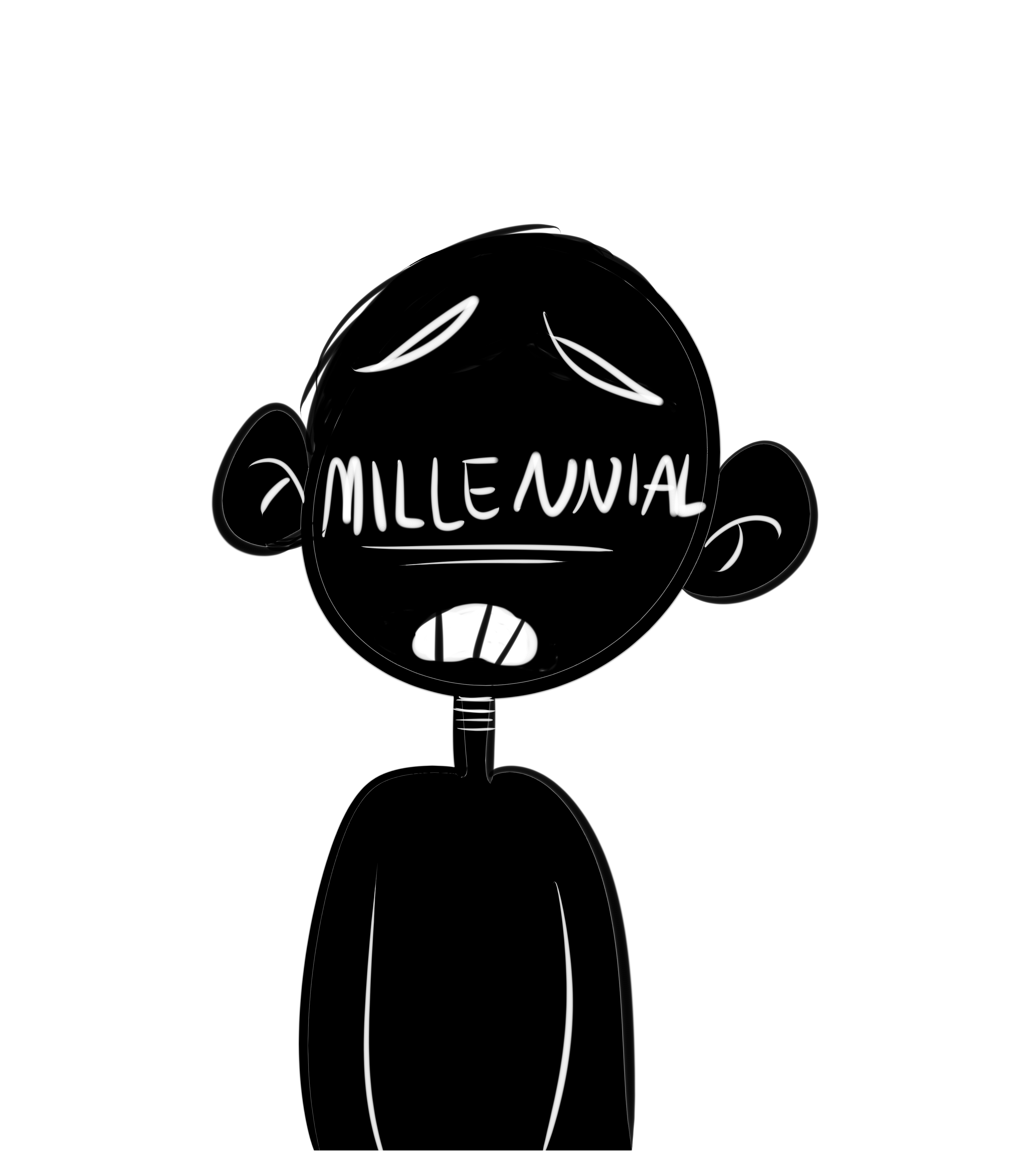We are more than ‘millennials’
October 24, 2016
In a world of unfortunately broad generalization and stereotyping, our entire generation has been dubbed with the term “millennial.” We are now seen not as individual young people with separate dreams and different marks to make on the world, but as one group of so-called entitled and self-righteous children.
Originally, the word was used with a positive connotation. “Millennial” was synonymous to idealistic and visionary. However, it was first used to describe individuals who reach young adulthood during years around the second millennium in the 1987 book “Millennials Rising” by Neil Howe and William Strauss. Today the word has been mutated into a term that keeps young people trapped in a metaphorical box of labels and bias.
A claim often made by older generations that coined the term “millennial” is that technology has made us codependent. That having a world of information at our fingertips is making us lazy. But isn’t that the point of technological advances? To cultivate new ideas and machinery that make necessary tasks more convenient? In fact, the tech-savvy upbringing of many millennials has allowed their minds to develop in a way that is strongly equipped for the new modern world.

Millennials are artists, inventors, creators, thinkers and everything in between. Everyone is different and marvellously unique, and the only thing that is accomplished by putting us in a box is giving other people another general group of individuals to blame all of their qualms with the world on.
In the United States, this generation is one of the most diverse in history, with different ethnic backgrounds, financial statuses and who we are as people. Comparing all millennials in the same way is like comparing apples to oranges. It’s true that we have grown up in an Internet-based society, but that does not automatically mean that all young people have access to the Internet. This applies to everything. Millennials are often called “spoiled” and too accustomed to hearing “yes,” and maybe some of us are. But there are large handfuls of people who have faced burdening personal battles. Mental illness, financial instability and prejudice are just a few of the overwhelming number of problems that many millennials face. Without listening to the stories of every millennial from every possible walk of life, it is impossible and outrageous to make any generalized statements about this group of 80 million future doctors, lawyers, presidents and people who have the power to change the world.

